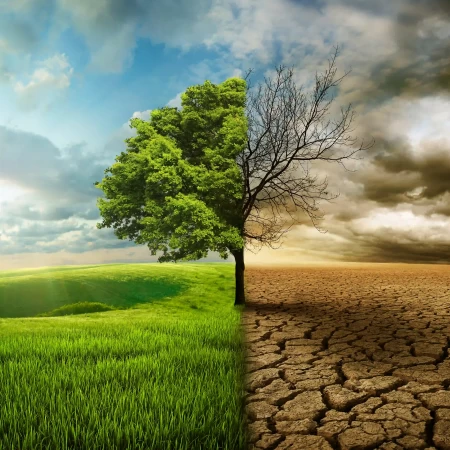Lesson Overview
The sands of time are running out! In this lesson, students will learn about climate change, renewable energy, and nuclear power. The lesson features a video that discusses ways to cope with climate change and the possible advantages of nuclear energy. Students will learn and practice the zeroth, first, and second conditionals and vocabulary relating to this topic. The lesson includes plenty of engaging discussion activities and worksheets that have been developed for adult and teenage learners.

